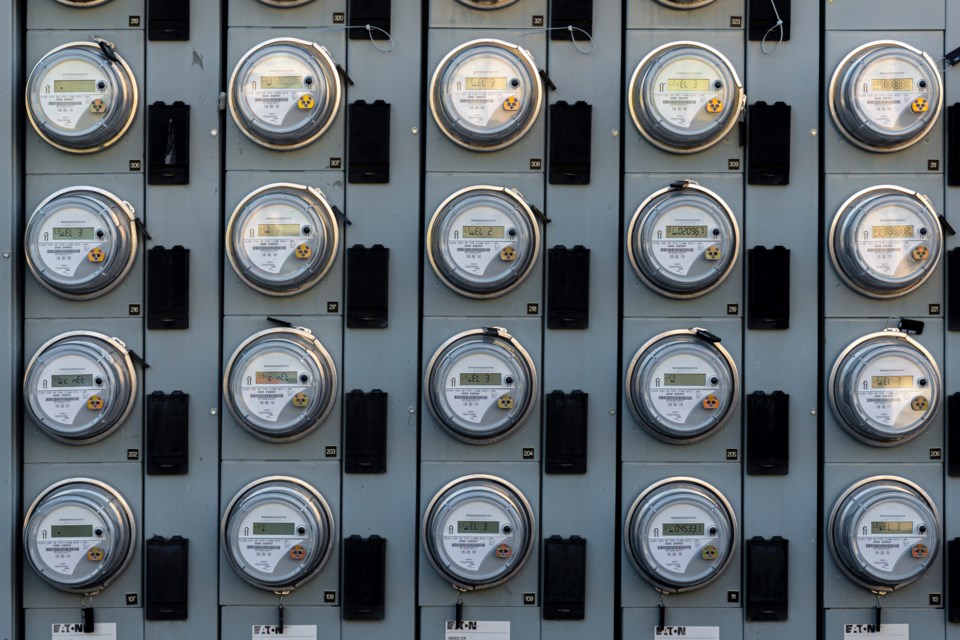Longmont City Council Tuesday night voted to provide an avenue for residents who do not want to be linked to the city’s proposed wireless electric meter program.
The Advanced Meter Infrastructure, or AMI, initiative is headed for an initial rollout early next year, according to a March 2021 staff report to the city council.
City council members told staff members Tuesday night to prepare an “opt out” ordinance that creates a plan for residents not wishing to be connected to the AMI.
The city council reviewed the AMI system during a study session.
At least 46,000 electric meters in Longmont will be replaced with the advanced meters, which will carry several advantages to customers, Michael Vilapando, Longmont Power & Communications manager of advanced metering, told the council.
The new meters will make it easier to pinpoint power outages and give customers more information about their power usage during the month, Vilapando said. “It will allow us to do a more tailored rate structure for customers,” he said. “We can now customize their rates.”
The AMI system will be easier on the environment because crews will no longer have to drive out to a home and check on a meter, he said.
Customers who opt out of AMI will be charged a $50 fee to install a conventional meter and must pay $15 per month to have the meter checked annually, Vilapando said.
Some customers do not want to be part of AMI, a city staff report states. Atwood Street residents Mary Lin and Ben Sargent told the council AMI won't benefit the city. Lin told the council during a public invited to be heard portion of the study session, that AMI is a “surveillance technology” and that the information the meters gather could go anywhere.
She also said there have been health concerns linked to AMI technology and there is no evidence the advanced meters will save customers money.
Councilmember Marcia Martin disagreed, saying families using AMI will be able to easily monitor their energy consumption during the month to save on monthly bills. “People on tight budgets won’t be blindsided,” Martin said.



